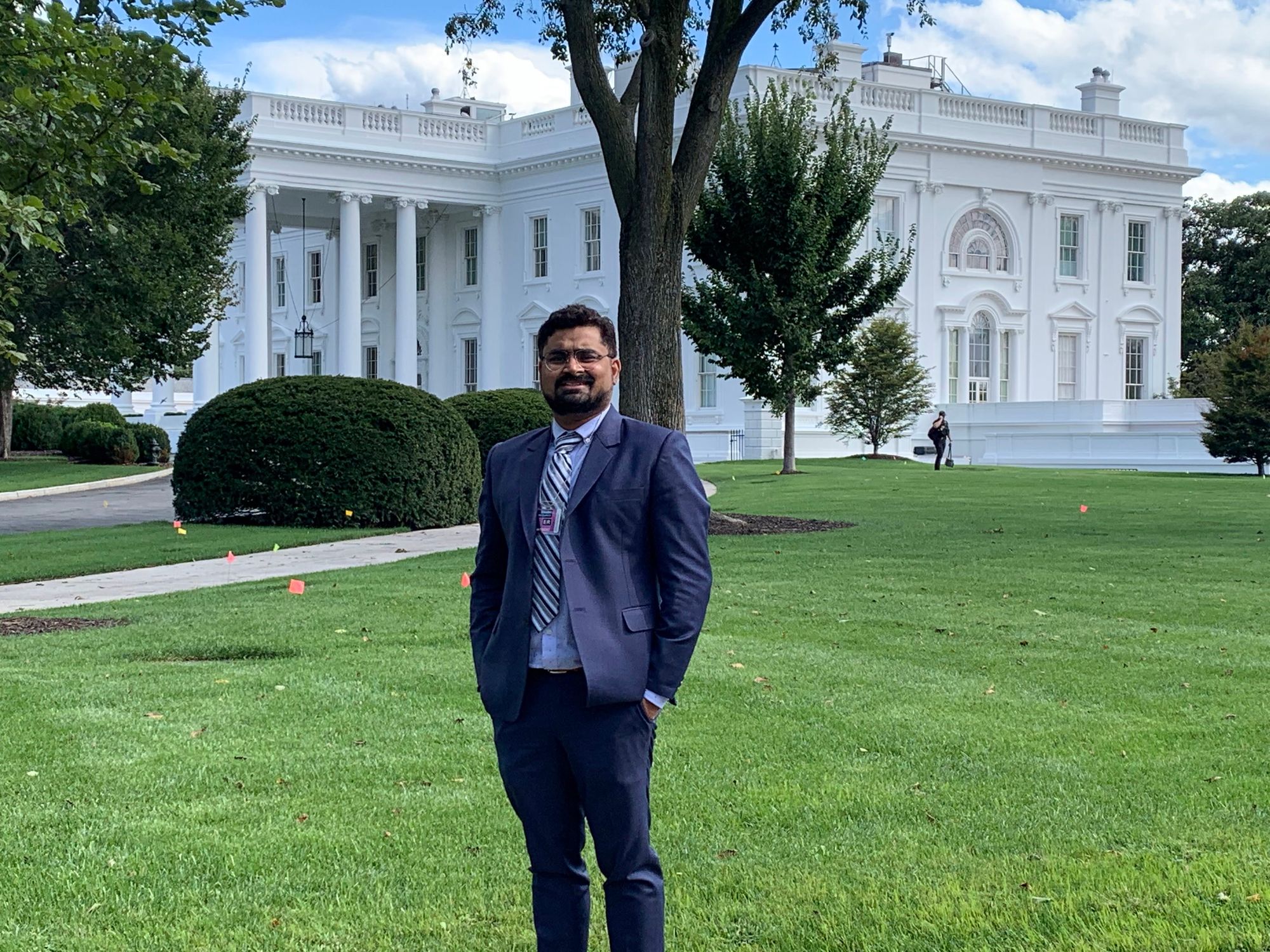H-1B visa fight spills onto Wall Street as fund faces SEC scrutiny
The dispute comes as the Trump administration intensifies its crackdown on the H-1B program, imposing a $100,000 annual employer fee and tightening renewal criteria for visa holders.
 Representative image / Wikimedia commons
Representative image / Wikimedia commons
The CEO of Azoria Capital, a Florida-based investment firm, is accusing financial regulators and Wall Street institutions of politically motivated retaliation after the firm’s exchange-traded fund (ETF) was targeted for delisting—days after it sought to stop investing in companies that employ foreign workers on H-1B visas.
In a letter sent Oct. 16 to Securities and Exchange Commission Chairman Paul S. Atkins, Azoria CEO James T. Fishback urged the SEC to “immediately halt the attempt to delist the Azoria 500 Meritocracy ETF” by the Board of Trustees of Tidal Trust III. Fishback claimed the trustees provided no rationale for the closure and failed to consult shareholders, even though the fund has generated a 7.12 percent return since its launch in July.
Fishback linked the move to a memo his firm sent earlier this month asking the board to restrict investments in companies “that fire and sideline American workers in favor of foreign H-1B visa holders from countries such as India and China.”
“This is yet another disgusting case of de-banking,” Fishback said in a statement to Right at the Center. “First Wall Street came for President Trump’s accounts. Then his family’s accounts. Now Wall Street is targeting conservative businesses that are standing up against the globalist agenda to replace American citizens with cheap, foreign labor from the third world.”
The H-1B visa program allows U.S. companies to hire highly skilled foreign workers—primarily in the tech sector—when qualified American workers are unavailable. Critics, including some in Trump-aligned business circles, argue that corporations misuse the system to undercut domestic wages and displace American employees.
ALSO READ: Sunny Reddy on Trump, H-1B reforms, and Indian Americans’ hopes
The dispute comes as the Trump administration intensifies its crackdown on the H-1B program, imposing a $100,000 annual employer fee and tightening renewal criteria for visa holders. The moves have rattled the U.S. tech industry and drawn sharp criticism from India, which supplies the largest number of H-1B workers to the United States.
Fishback alleged that Azoria’s stance against such corporate practices triggered retaliation from fund managers. In his letter, he asked the SEC to investigate whether Tidal Trust III’s trustees breached their fiduciary duties under the Investment Company Act of 1940 and to enforce the firm’s right to transfer assets to a “successor trust.”
The Azoria 500 Meritocracy ETF was designed to invest in U.S. companies that prioritize American hiring and “merit-based” employment standards. Its sudden delisting, if finalized, would mark one of the first high-profile financial disputes tied to the politically charged H-1B debate—a flashpoint that’s now moving from Capitol Hill to Wall Street.
ADVERTISEMENT
ADVERTISEMENT
E Paper
Video




 ROHIT SHARMA
ROHIT SHARMA













Comments
Start the conversation
Become a member of New India Abroad to start commenting.
Sign Up Now
Already have an account? Login